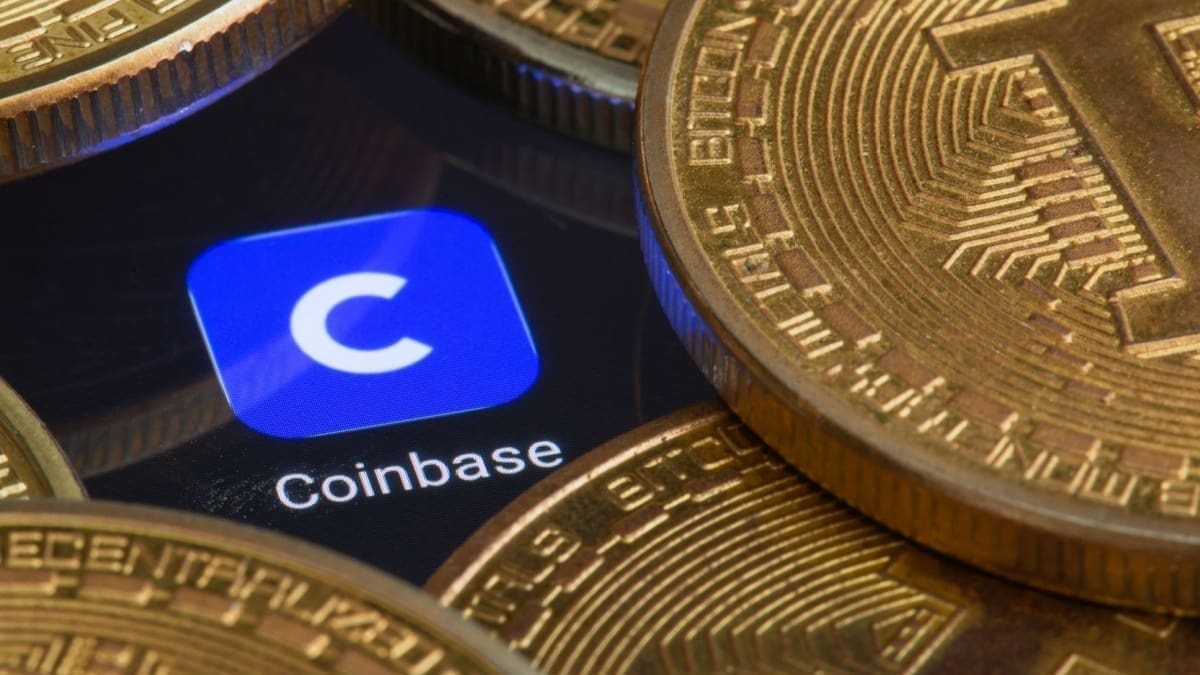Recent developments in the cryptocurrency market are sending positive signals to investors, particularly those interested in Ethereum (ETH). Paul Atkins, the newly appointed chairman of the U.S. Securities and Exchange Commission (SEC), has made significant statements regarding the classification of Ethereum, asserting that it should not be considered a security. This point is crucial for both Ethereum enthusiasts and the broader digital asset landscape.
SEC’s Stance on Ethereum
Atkins made headlines with his declaration that Ethereum, like Bitcoin (BTC), falls under the category of a commodity rather than a security. He emphasized that the Ethereum blockchain plays a vital role for various digital currencies, stating, “ETH is the backbone of many digital currencies. It simply cannot be separated from that category.” This statement, while not an official ruling, brings clarity for investors and developers who rely on Ethereum’s infrastructure for their projects.
The Impact on Innovation
The implications of this classification are significant. Atkins noted that companies should have the freedom to decide how to allocate their capital, which he believes will spur innovation in the crypto sector. By not treating Ethereum as a security, the SEC is allowing more room for creativity and development within the space. The pro-crypto outlook of the SEC’s new leadership encourages a thriving environment for blockchain and cryptocurrency innovation.
Avoiding Ripple’s Legal Challenges
Interestingly, this announcement comes at a time when regulatory scrutiny is mounting within the industry. Just months earlier, during a court case involving the exchange KuCoin, New York Attorney General Shamiso Maswoswe urged the SEC to classify Ethereum as a security. Such a move could have subjected ETH to the same legal issues faced by Ripple (XRP), which has struggled since a 2020 lawsuit asserting that it sold $1.3 billion in unregistered securities. The uncertainty generated by Ripple’s case has caused a significant dip in investor confidence and even led to the removal of XRP from several exchanges.
The Growth of Institutional Interest
Despite these regulatory challenges, Ethereum is witnessing substantial institutional interest, demonstrating a robust market response to Atkins’ comments. The inflow into Ethereum ETFs (exchange-traded funds) has surpassed $1 billion since July, with major financial institutions like BlackRock leading the charge. Analysts suggest that Ethereum ETFs may soon outpace those of Bitcoin, marking a significant shift in the investment landscape.
Price Surge and Future Prospects
The positive sentiment surrounding Ethereum is reflected in its price, which has surged to $3,850, marking an impressive 28% increase in just a week. Meanwhile, XRP has also shown resilience, with a current price of $3.59, reflecting a 22% growth during the same period. Atkins described this rising institutional interest as “encouraging,” suggesting that it paves the way for further advancements in the sector.
Conclusion: A Bright Future Ahead
The SEC’s classification of Ethereum as a commodity signals a brighter outlook for not just ETH but also the wider cryptocurrency market. By avoiding the stringent regulations applicable to securities, Ethereum and similar digital assets can foster greater adoption and development. As institutional players continue to engage with the space, coupled with the SEC’s more open stance under Atkins, the future seems promising for Ethereum and its peers. Will this lead to a new altcoin rally? The community is keenly watching this evolving landscape.



